When do we stop learning? Many people stop learning after their formal education is over. Then there are few who commit to lifelong learning.
Whether you continue to learn consciously or not, you continue to learn nevertheless. Life, as it happens, keeps on teaching us something or the other. We keep changing all the time. Our attitudes, beliefs, perceptions, preferences, etc. change as we grow. Some changes happen because of our biology. Some happen because of our experiences.
On 3rd July 2017, I entered the branch for the first time. I had got my first job. It was the post of assistant manager in a nationalised bank. On my first day at the job, I was thoroughly confused. So many papers, so many departments, so many people. I couldn’t understand what was supposed to go where. I was made to sit with one of my seniors for a while, just to observe. I observed, but I didn’t understand what he was doing and how we was doing it.
It made me feel terrible. I wondered if I had ended up in a wrong place. I feared that I would do a bad job and embarrass myself. I felt I had failed.
I did embarrass myself many times. I made a number of mistakes. But, I kept learning.
In one week, I learnt a little bit. In one month, I was able to handle one department with regular inputs from my seniors. In three months, I was able to handle the department more or less independently. One year later, I had expert-level proficiency at what I did. I knew more about my department than anyone else in the branch. Moreover, I also started learning about the workings of other departments. Two years later, I became able to handle the entire branch single-handedly. In my third year, I did handle the branch single-handedly for around three months when the pandemic was at its peak.
From being that confused new child on the job to reaching expertise, the willingness to learn played the most important role.
Here are a few things that I learnt about learning:
- Willingness to learn
Being willing to learn is the first step to accelerate the process of learning. One can offer resistance to this step. As a child, for most of my schooling, I wasn’t willing to learn. I wasn’t willing to open the book and study. Lack of interest seems to be the culprit. But I think interest develops as you get better, as your knowledge and understanding deepens.
It’s also about doing stuff that you don’t want to do. Reading a book is not always exciting. Working at a job and learning new things is not always fun. But when you keep doing it anyway, you get better. As you get better, you feel better. You are able to do what you couldn’t imagine doing. Your efficiency and productivity increases. You respect yourself more and you also get respected more by others. It becomes a positive cycle. - Being open-minded
There are certain things that we know. And we know that we know these things. We are consciously skilled at them. Like knowing how to cook.
Then there are certain things that we don’t know. And we know that we don’t know them. We are conscious of our lack of knowledge/skill. Like a non-swimmer knows that he can’t swim.
There are things that we know but we don’t know that we know them. Like I know how to type, but I don’t know how exactly I am doing it; I am not consciously thinking about pressing the ‘q’ key with my left little finger, for example.
Lastly, there are things that we don’t know. And we don’t know that we don’t know them.
The last category is important. Because if we contemplate deeply, we will recognise that there are millions of things that belong to this category. Whatever knowledge, experience and skills we acquire in life are just a tiny portion of what actually exists out there.
But as we get good marks in a subject or a degree from college, we might fall into the trap of thinking that we know a lot. The truth is that we don’t know much. Even the little bit of that which we do know about something, is not much compared to how much more we can know about it.
Staying humble, remembering that we don’t know much and thus being open-minded helps one continue learning. - Observation
There are different channels through which we learn. We can read a book, watch a video or learn by doing. No matter what channel is engaged, the process gets much better as we get more ‘involved’ in it. The way we do that is by being observant. The more we observe, the better we learn. The more we engage our awareness, senses and memory, the deeper is our learning.

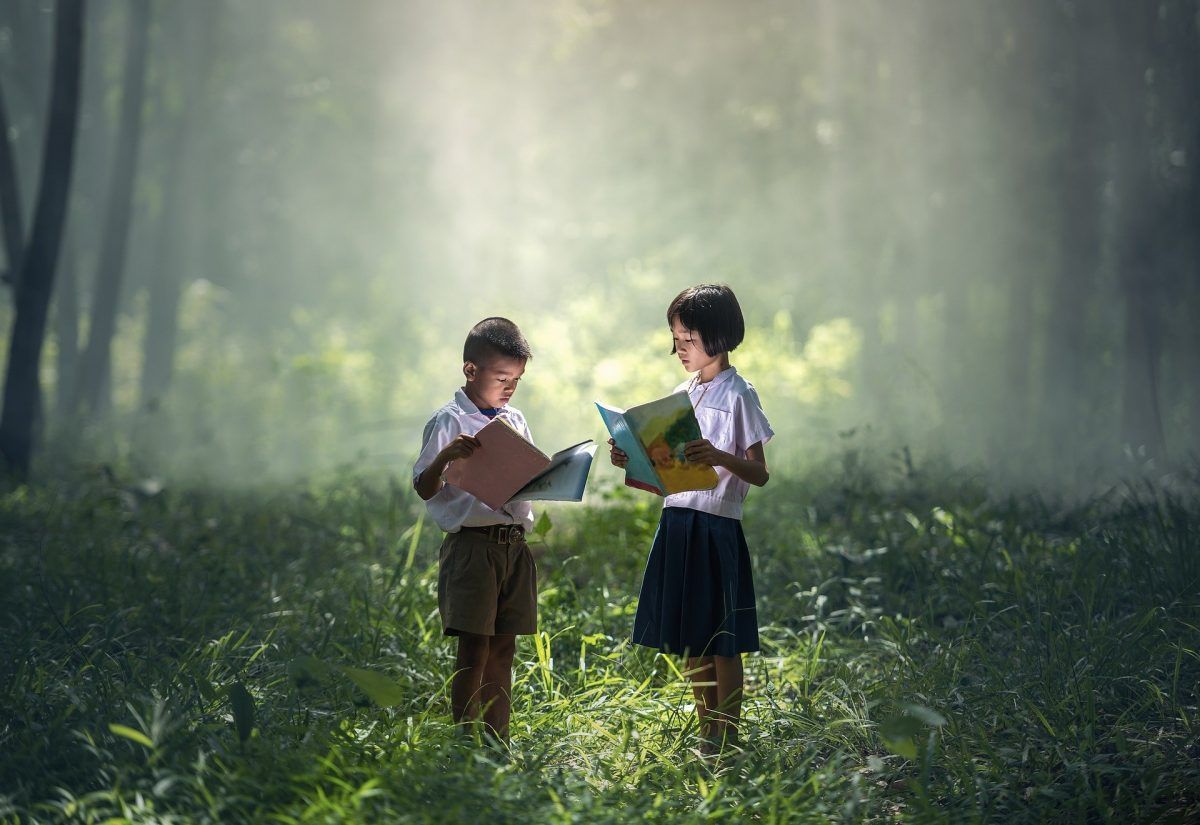
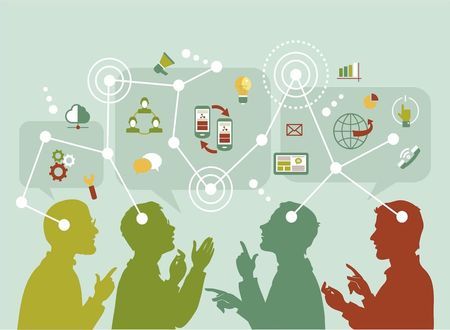
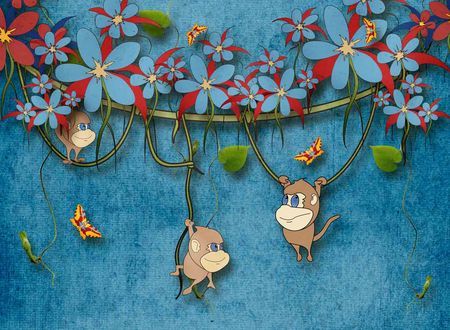
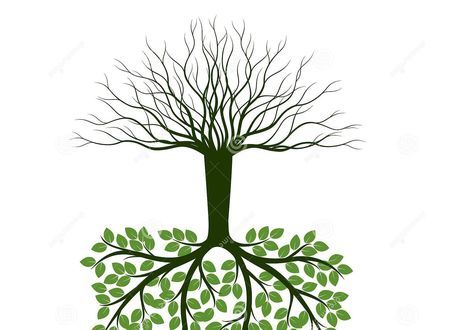

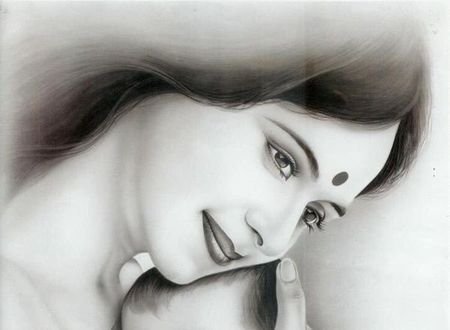


Comments & Discussion
4 COMMENTS
Please login to read members' comments and participate in the discussion.